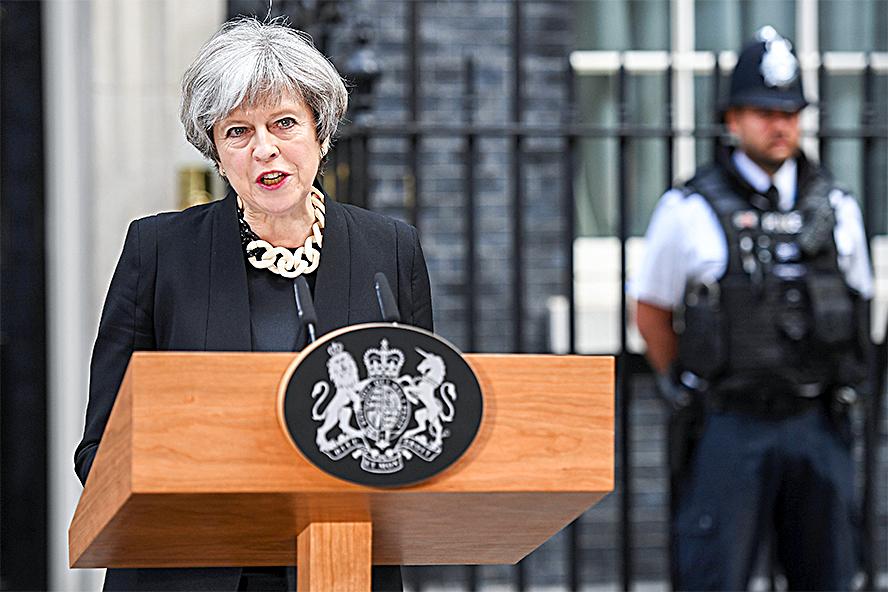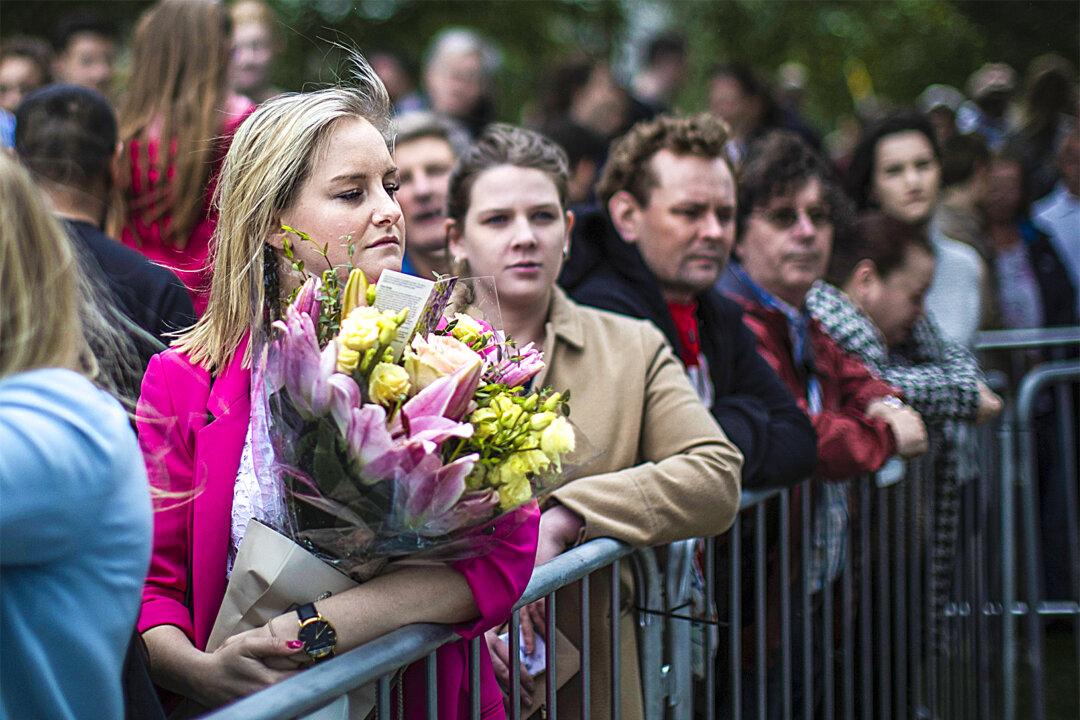BIRMINGHAM, England—Khuram Butt had already demonstrated his extremist views for millions to see, over a year before he ran down pedestrians in London and butchered Saturday-night diners while chanting Islamist slogans.
Shown praying to an Islamist black flag in a 2016 documentary aired on British television, Butt had caught the attention of U.K. police, but was dropped from interest after questioning. The next time the police encountered the 27-year-old British citizen, it was to shoot him dead along with his two accomplices, halting eight minutes of terror that took eight lives and injured 48 in the London Bridge area.
The attack on June 3 was the third terrorist attack in the United Kingdom in nine weeks. Perpetrators of all three attacks were “home-grown extremists” previously known to security services, prompting questions about how authorities are handling the extremist threat.
The U.K.’s counterterrorism strategy relies heavily on maintaining close surveillance of suspected extremists.
The London Bridge attacker, Butt, was one of 20,000 people known to counterterrorism authorities for their extremist views, but wasn’t one of the 3,000 extremists under surveillance in the current 500 active investigations.
Rethinking the Security Response
Metropolitan Police Assistant Commissioner Mark Rowley, the U.K.’s leading counterterrorism officer, called for a rethink of security strategy, at a June 6 press briefing. “In nine weeks, we’ve had five plots foiled and three successful attacks. That is completely different to anything we have seen for a long time,” he said.






